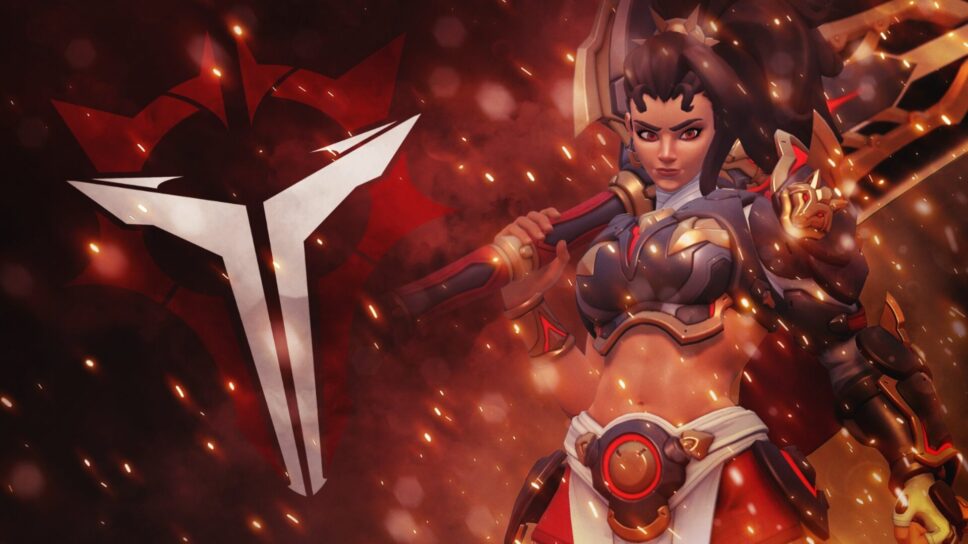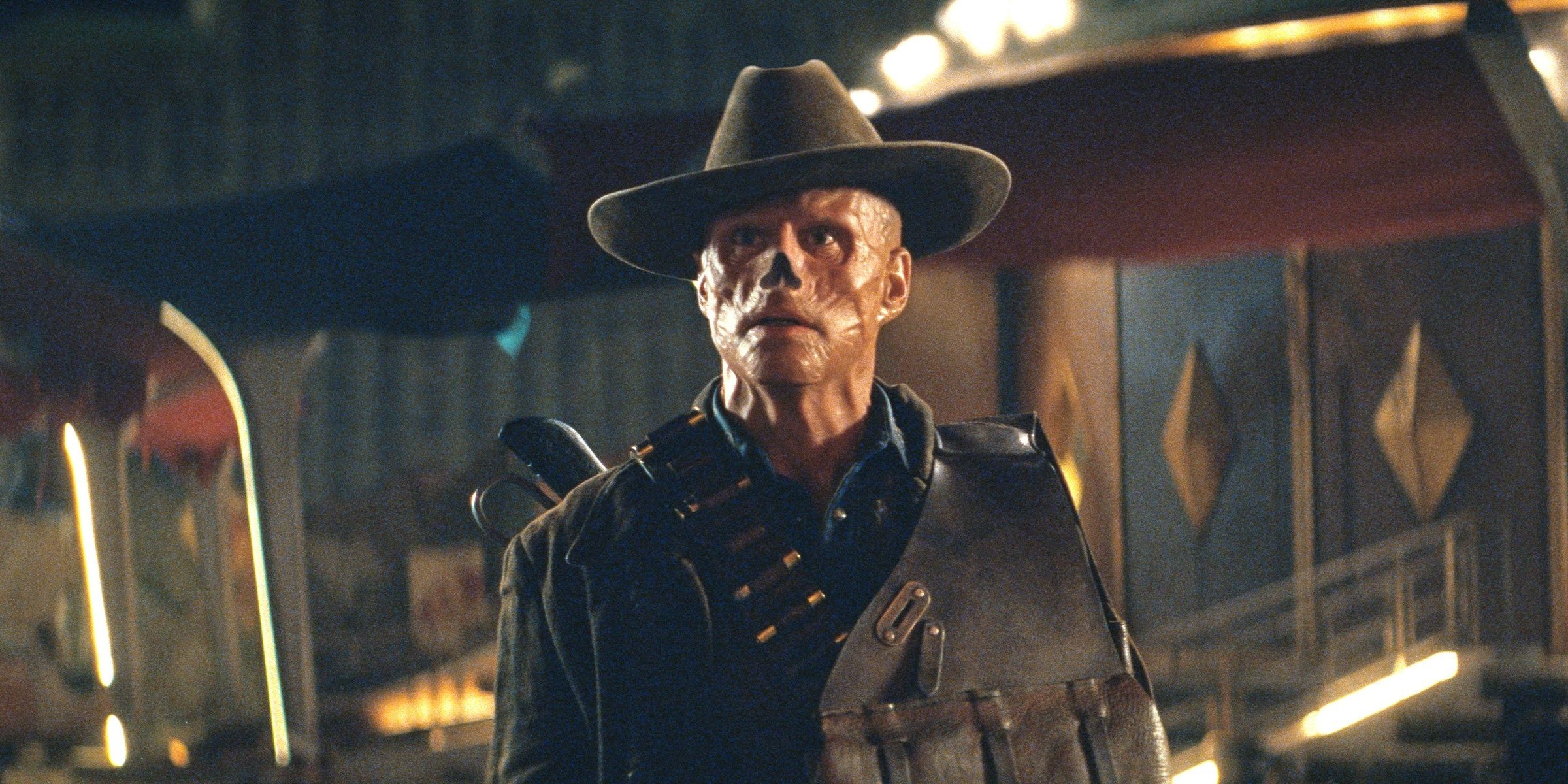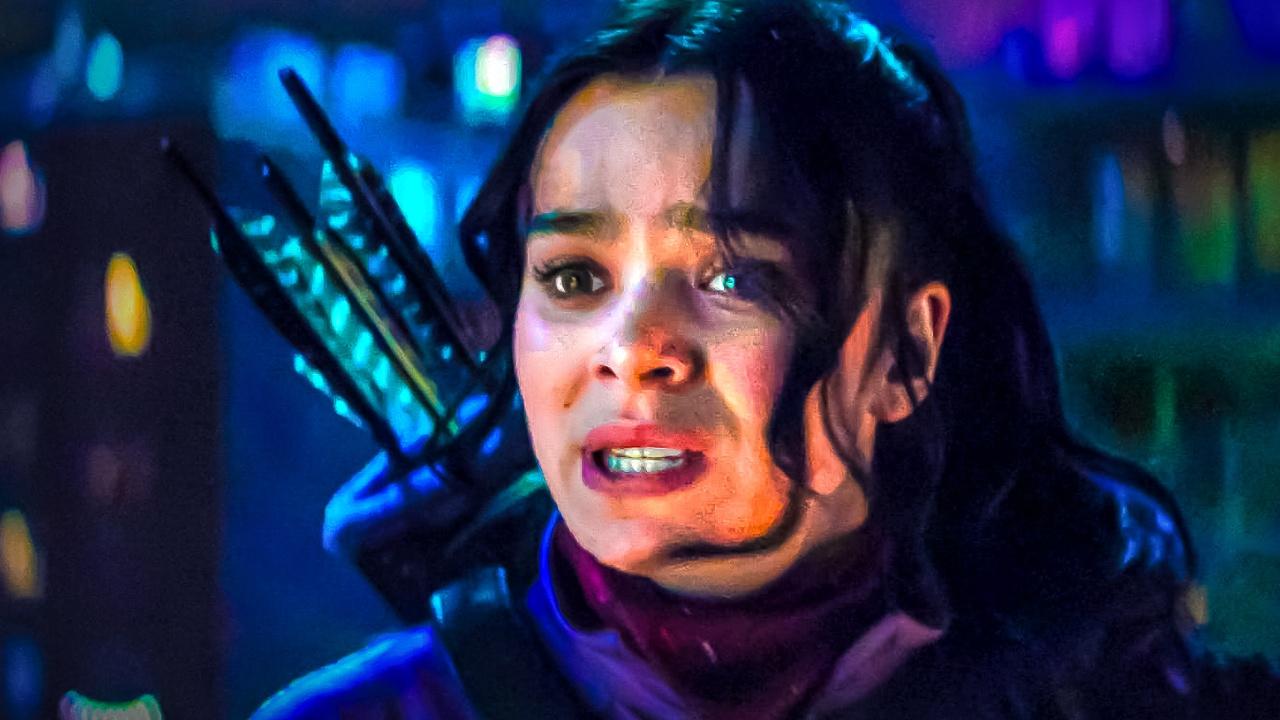Overwatch Spotlight countdown, trailer, and predictions

I’m so hyped for the new Overwatch Spotlight event! I’ve been checking out the live countdown, and I just watched the official trailer – it looks amazing! I’m also really interested to see what Xpsp is predicting will happen. There’s a ton of info out there, and I can’t wait to jump in!







